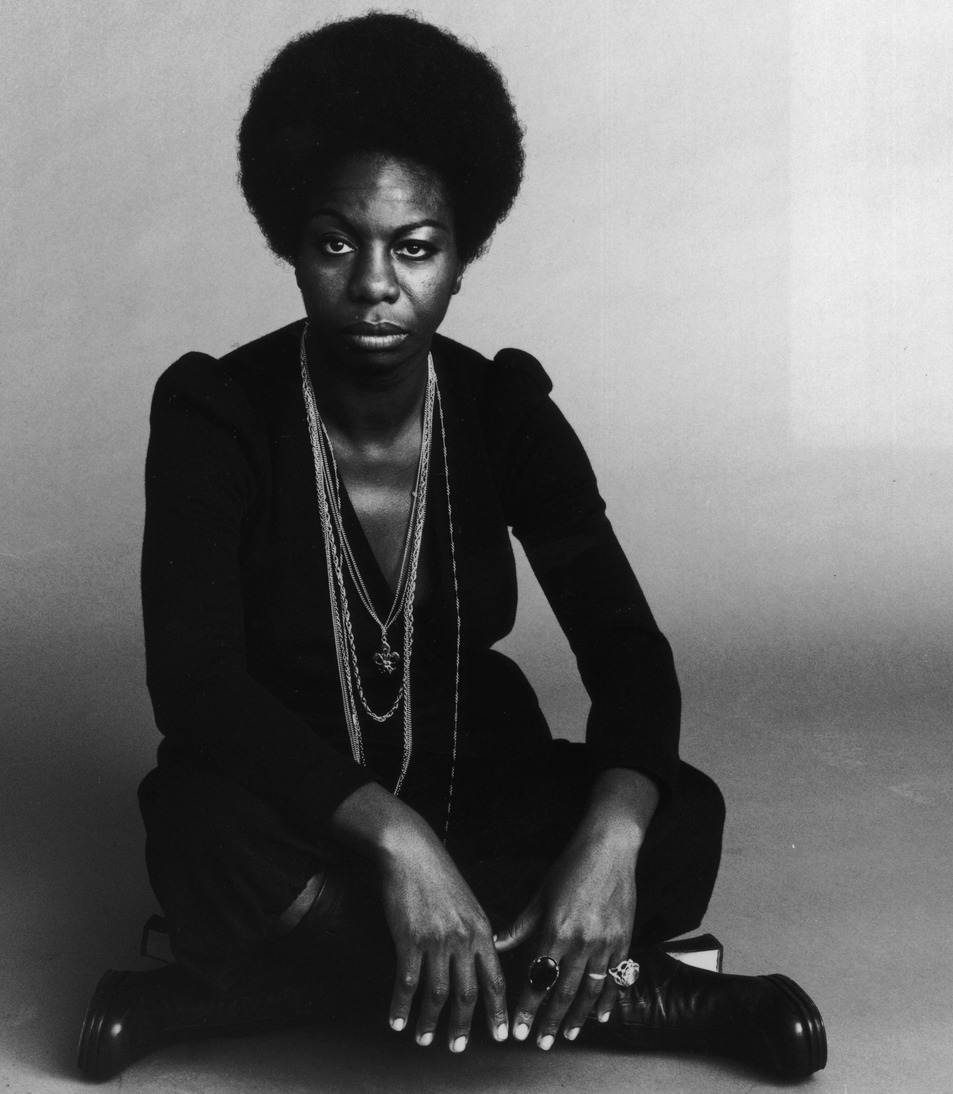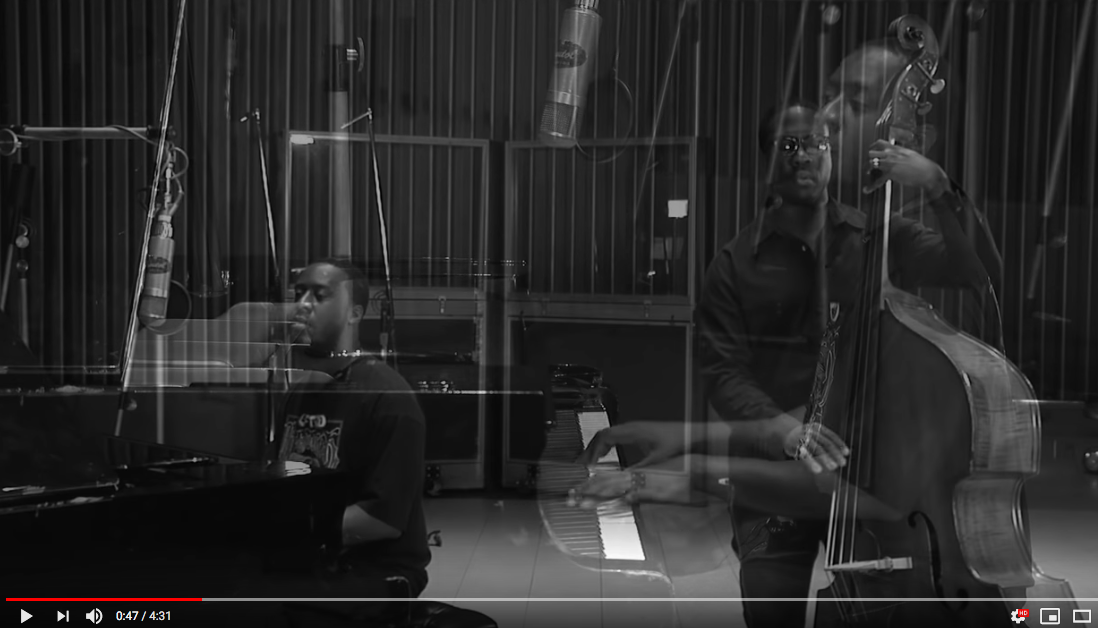IN THIS (PANDEMIC) TIME is a series of Kurated columns inspired by the Coronavirus pandemic. In an upside down world things sound different.

DEBUT ALBUM FROM FOLK SUPERGROUP BONNY LIGHT HORSEMAN
Renewing some folk standards for modern ears
“Folk music functions best when it uses the past to feed the present and inspire the future,” writes music journalist Grayson Haver Currin in his 2015 essay Way Past Pleasant: A Guide to Psychedelic Folk.
“That concept of absorbing, acknowledging, and updating the past serves as a constant through most folk music, no matter the culture or society in which it thrives. Whether via the oral traditions that Harry Smith, Alan Lomax, and their ilk eventually captured, or the Grateful Dead’s ability to turn countless listeners onto old traditional numbers…” he explains.
Bonny Light Horseman’s eponymously titled album is an elegant contribution to that evolution and a welcome gift to the ears.
I’m unfamiliar with the Horseman’s trio of music veterans – Eric D. Johnson, Josh Kaufman and Anaïs Mitchell. And I’ve never heard any of the 10 traditional folks songs they present. What I know is that their music is one of the prettiest collections of contemporary folk I’ve heard in a while.
Stay tuned,

28 March 2019

BONNY LIGHT HORSEMAN
Folk supergroup subtly recasts centuries of standards for our fractious and uncertain presentBy Grayson Haver Currin for Pitchfork
Bonny Light Horseman formed casually, like a front-porch jam. Fruit Bats singer Eric D. Johnson heard that his friends—veteran multi-instrumentalist Josh Kaufman and singer-songwriter Anaïs Mitchell—were getting together to revisit ancient folk songs. He asked to sit in on the experiment, and the chemistry was instant. On their self-titled debut, the trio reimagines centuries of standards for our fractious political climate, making old chestnuts feel new.
On first listen, these 10 performances may sound traditional, even staid, three dovetailing voices floating above bright acoustic guitars and ringing pianos. There are references to bygone wars and the bounty of a father’s garden, to the Biblical parable of prisoners Paul and Silas and the folk heroism of John Henry. If you’ve listened at all to English, Irish, or Appalachian folk music or any of their many revivals, you’ll spot familiar archetypes and icons. But Bonny Light Horseman gently cut these songs free from aging roots, transplanting them to the present.
The trio has more reverence for the flexibility of the oral tradition than the songs it has produced. They splice together bits of old numbers into new ones, drop or add verses, and relocate antediluvian sagas into Stateside settings. The tune that gave the trio their name, for instance, is a lover’s lament for a dead soldier, killed during the Napoleonic Wars. Mitchell spent years recontextualizing folk tropes before her myth-plundering Hadestown became a Broadway hit, and here, she sings a version that lambastes Napoleon by name but scrubs other historic details. This version excoriates all-powerful leaders who dispatch the powerless to their death; as strongmen worldwide foment new nationalism, her rendition feels as much like a warning as a plea.
“Mountain Rain” exquisitely recasts the ballad of John Henry—a steel driver who battled his mechanized rival to victory and death—as the unionized lament of his coworkers. “West Virginians, hammer in the morning/Hammer in the mountain rain,” Johnson sings, giving voice to workers who didn’t want to die just to prove their worth. You can imagine artificial intelligence and the threat of automation, coming around the Great Bend into a new millennium.
The settings meet these lyrical revisions halfway. Bonny Light Horseman reimagine the gospel song “Children, Go Where I Send Thee” under the name “Jane Jane,” making the tedious structure of the “counting song” feel miraculously breezy. Cock your head just right, and the layered acoustic and electric guitars even sparkle like Steve Reich’s Electric Counterpoint for Pat Metheny. At the surface, “Magpie’s Nest” is a pastoral beauty, Johnson crooning of idealized love over graceful guitars. But listen to the furtive cymbals, brooding saxophones, and moaning organ—they infuse the song with the same sophisticated blues that drifts through Johnson’s yearning voice.
This revisionism peaks during the timely “Black Waterside.” For decades, “Down by Blackwaterside” has been the currency of British folk, passed, for instance, from Anne Briggs to Bert Jansch to Led Zeppelin. In the classic version, a young maiden sleeps with a deceitful man who woos her through empty promises of marriage. Bonny Light Horseman turn it into a duet, with Mitchell nailing the role of the naif and Johnson serving as an omniscient narrator. They linger on a frequently omitted last line—“’Tis then he’ll marry me,” sending it up like a wail from the edge of madness. If the standard “Blackwaterside” is pitiful, this one quietly seethes, cloaking a hint of vengeance behind a pretty voice.
Mitchell, Kaufman, and Johnson have rarely sounded better than they do together, locked inside these scenes with the intimacy of siblings. Late in the album, though, a new voice arrives—Bon Iver’s Justin Vernon, who co-owns the festival and label where Bonny Light Horseman made their live and recorded debuts. Over dusky piano, the temporary quartet trades the lines of “Bright Morning Stars,” a wondrous Appalachian spiritual about the heartbreak and hopefulness of mortality that’s undergone a late renaissance. Their call-and-response interplay is gorgeous, but it feels like a well-meaning intrusion during someone else’s deep conversation. Mitchell and Johnson rejoin one another for the finale “10,000 Miles,” a ballad about longing for a lover during some Odyssean journey. Their voices fit together so perfectly it’s possible at last to believe in such a star-crossed fantasy.





